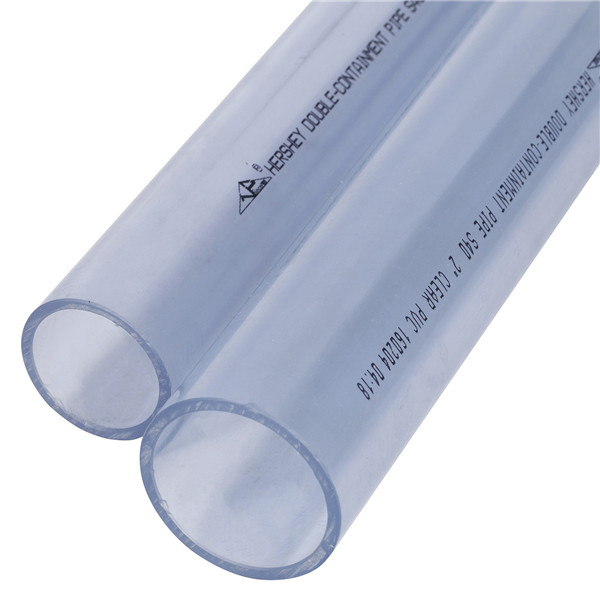Nov . 01, 2024 14:10 Back to list
Benefits and Applications of High-Density Polyethylene Board in Various Industries
Understanding High-Density Polyethylene Board
High-density polyethylene (HDPE) board is a versatile and durable material that has gained popularity across various industries due to its exceptional properties and wide-ranging applications. Made from thermoplastic polymer, HDPE is created through the polymerization of ethylene, which results in a sturdy and resilient material that can withstand harsh environments.
Understanding High-Density Polyethylene Board
Another key advantage of HDPE board is its excellent chemical resistance. It can withstand exposure to various chemicals, acids, and solvents without degrading, making it suitable for use in chemical processing industries, laboratories, and medical environments. Additionally, HDPE is non-toxic and safe for use in food contact applications, aligning with food safety regulations and standards.
high density polyethylene board

The material is also highly resistant to moisture and UV radiation, which further enhances its application in outdoor settings. HDPE boards do not absorb water, preventing issues like mildew and rot, often associated with wood materials. Furthermore, UV stabilization allows HDPE to maintain its color and structural integrity even when subjected to prolonged sunlight exposure. As a result, it is frequently used in constructing outdoor signage, playground equipment, and marine applications.
From an environmental perspective, HDPE is a sustainable choice. It is 100% recyclable and can be repurposed into new products after its initial use, reducing landfill waste. Many manufacturers are adopting recycling practices to produce HDPE boards, contributing to a circular economy. This eco-friendly aspect is increasingly appealing to consumers who prioritize sustainability in their purchasing decisions.
Installation and fabrication of HDPE boards are also user-friendly. They can be easily cut, drilled, or shaped using standard woodworking tools, enabling custom applications tailored to specific requirements. This versatility extends to various industries, including construction, agriculture, and transportation. For instance, HDPE boards are widely used for creating custom storage solutions, borders for landscaping, and panels for truck beds.
In conclusion, high-density polyethylene board offers a combination of durability, chemical resistance, and eco-friendliness that makes it a superior choice for various applications. Whether in industrial, commercial, or residential settings, HDPE boards provide practical solutions that meet the demands of modern-day projects. As awareness of sustainability and efficiency grows, the utilization of HDPE boards is likely to expand, paving the way for innovative designs and applications in the future.
-
PVC Transparent Sheet Roll - Durable & Flexible PVC Plastic Sheet Roll for Industrial & Home Use
NewsJun.24,2025
-
High-Quality PVC PPR Pipes and Fittings Durable ERA PPR Solutions
NewsJun.10,2025
-
High-Quality Large HDPE Sheets & Large Diameter PVC Pipe Durable Large PVC Pipe Supplier
NewsJun.10,2025
-
High Density Polyethylene Cutting Board - Durable & Food Safe
NewsJun.09,2025
-
3 Inch PVC Pipe for Durable Irrigation Affordable & Reliable
NewsJun.09,2025
-
Premium PPR Plastic Water Pipe Fittings - Durable & Leak-Free
NewsJun.09,2025

